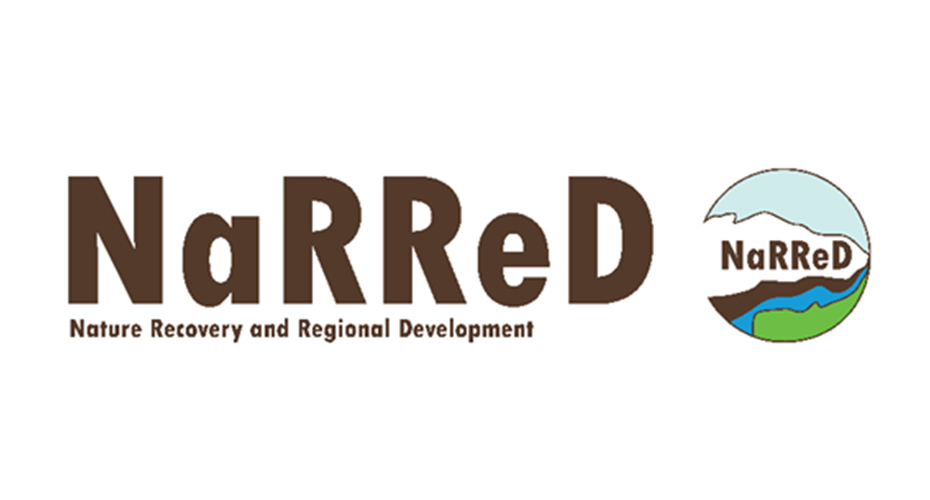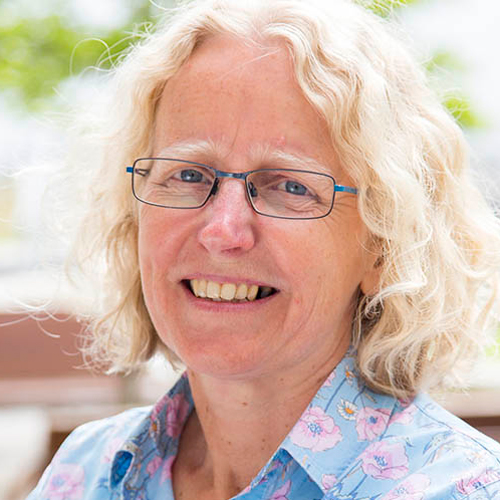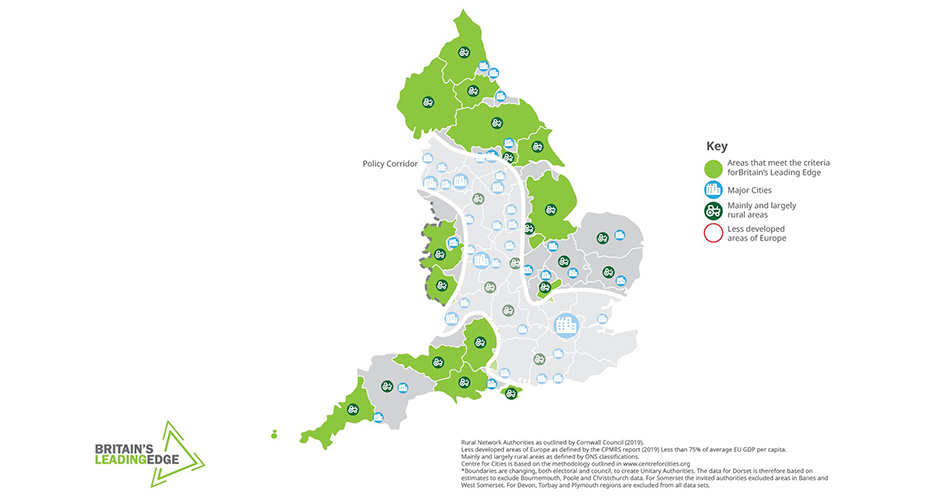



Nature Recovery and Regional Development
Research overview
The Economic and Social Research Council (ESRC) has funded a three-year project titled “Nature Recovery and Regional Development”. The project is based at the University of Exeter with academic members of staff from the Department of Earth and Environmental Science (DEES) and the Centre for Ecology and Conservation (CEC) on the Penryn campus, alongside the Land, Environment, Economics and Policy Institute (LEEP) in the Business School based on the Streatham campus. The research is funded from January 2024 to December 2026.
The research is engaging with rural upper-tier local authorities in Britain’s Leading Edge (BLE), a collaboration of 12 English local authorities that aims to reframe narratives about the role rural peripheral regions have in the development of a sustainable national economy. Through engaging with policymakers within each local authority, as well as on-the-ground nature recovery organisations such as Wildlife Trusts, the research will construct a thorough understanding of existing local nature recovery activities and their socio-economic impacts.
The project will build on the recognition that nature recovery will be particularly significant for rural regions that are rich in natural capital, with a diversity of habitats and important opportunities for ecosystem enrichment. The research will respond to the urgent need for targeted action and successful outcomes both regionally nationally, and aims to contribute to the development of sustainable regional and national economies.
Key objectives
The NaRReD project has six objectives that will be achieved during the three-year funding period. These are to:
- Collaborate with local authority officers from each of the 12 local authorities in BLE to collate new and existing data to track the regional socio-economic impact of nature recovery activity. Here, particular attention will be placed on financial investment in nature recovery, business growth, skills gaps and development, employment in nature recovery, and an overview of these impacts across the BLE.
- Identify where differences in regional policy and practice are generating divergent patterns of impact, enabling users to benefit from the research by focussing finite resources on replicating or scaling up the most effective approaches.
- Explore how nature recovery can be best integrated with other strands of regional development. This will include assessment of existing development paths and emerging narratives about nature recovery and its contribution to multi-scalar challenges such as biodiversity loss, climate change, energy security, and wellbeing.
- Draw on new and existing data and the expertise in the academic team (in Geography, Economics, Ecology, and Sociology), to develop a new conceptualisation of the role and significance of the rural periphery, and its ongoing contribution to national and international policy agendas.
- Summarise international best practice in securing regional development by investing in nature recovery through literature reviews, summaries of previous research, and analysis of our research findings. This will be utilised to co-create the Leading Edge Framework for nature-positive regional development policy and practice.
- Ensure that the project findings are widely disseminated to shape local practice, national and international policy, as well as academic debate. This will be done via a Policy Advisory Group, policy briefings, conference presentations, and the publication of high-impact research papers.

NaRReD is a partnership with the 12 local authorities in Britain’s Leading Edge, to share learning and best practice about how nature recovery can contribute to socio-economic development. We are interested in the skills, jobs, business and finance involved in the successful implementation of nature-friendly regional development.
Professor Jane Wills, Principal investigator
Britain's Leading Edge is delighted to be working with Exeter University on this exciting new research project. Peripheral places are often overlooked when it comes to central government policy making and funding decisions, when in fact, they have a crucial role to play in powering, feeding and being the lungs of the UK. This work will provide valuable data and insights to help us advocate for our communities and businesses.
Cornwall Council, Britain's Leading Edge Member Authority
To be updated.
To be updated.
Professor Jane Wills
(Principal investigator)
Professor Juliet Osborne
(Co-investigator)
Professor Ian Bateman
(Co-investigator)
Jennifer Dodsworth
(Postdoctoral researcher)
Dr Jack Reed
(Postdoctoral researcher)
Britain’s Leading Edge currently comprises 12 rural upper-tier local authorities without major cities. The BLE seek to reframe the story of the contribution that rural regions can make to a sustainable national economy.
Currently, the 12 local authorities are Cornwall, Cumberland, Dorset, County Durham, East Riding of Yorkshire, Herefordshire, Isles of Scilly, Isle of Wight, North Yorkshire, Rutland, Shropshire, Westmorland & Furness.
For more information about Britain’s Leading Edge, please visit their website.

